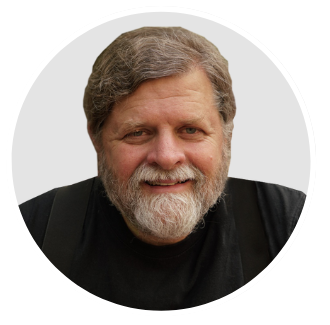The Future of high-performance computing and what to do about it: Processors, People, and Programming
by
1/1-2 - Aula "C. Voci"
Dipartimento di Fisica e Astronomia - Edificio Marzolo
Hardware trends are clear. Driven by economics and the need to deliver increasing performance within a fixed power budget, computer systems are becoming increasingly complex. This complexity is directly exposed to software, hence, the need for programmers with a detailed understanding of computer architecture.
Unfortunately, programmers today are trained with programming languages that hide the hardware. You can’t specialize an algorithm to hardware features if there is a virtual machine between your code and the system or if you program in an interpreted language (such as python).
How are we going bridge this disconnect between our processors, the people who write our software, and the programming languages they use? We must fundamentally change how we construct software. We must automate key steps in software development using machine learning and AI technologies to map code onto the details of different systems.
In this talk, after describing the fundamentals of hardware system evolution, we’ll describe our work to automate key aspects of software development. We will describe successes and reasons for hope, but also fundamental challenges that limit the applicability of AI to address this problem.
 Tim Mattson
Tim Mattson
Tim Mattson is a parallel programmer obsessed with every variety of science (Ph.D. Chemistry, UCSC, 1985). Over the course of a 45-year career, Tim has worked on numerous projects in scientific computing including: hardware/software codesign for large scale systems, architectures for many-core processors, programming languages for high performance computing (MPI, OpenMP, OpenCL, and many more), software systems to express graph algorithms as linear Algebra, and specialized storage engines for scientific computing. Tim has over 150 publications including six books on different aspects of parallel computing. He is a leader in HPC education with courses at the University of California in Berkley, Princeton, and tutorials at numerous conferences including the world’s top supercomputing conference (SC’XY) for every year since 1998 (skipping only 2005). He is a popular speaker with numerous invited talks at conferences and workshops.
INFN & DFA - Dott. Mauro Morandin
